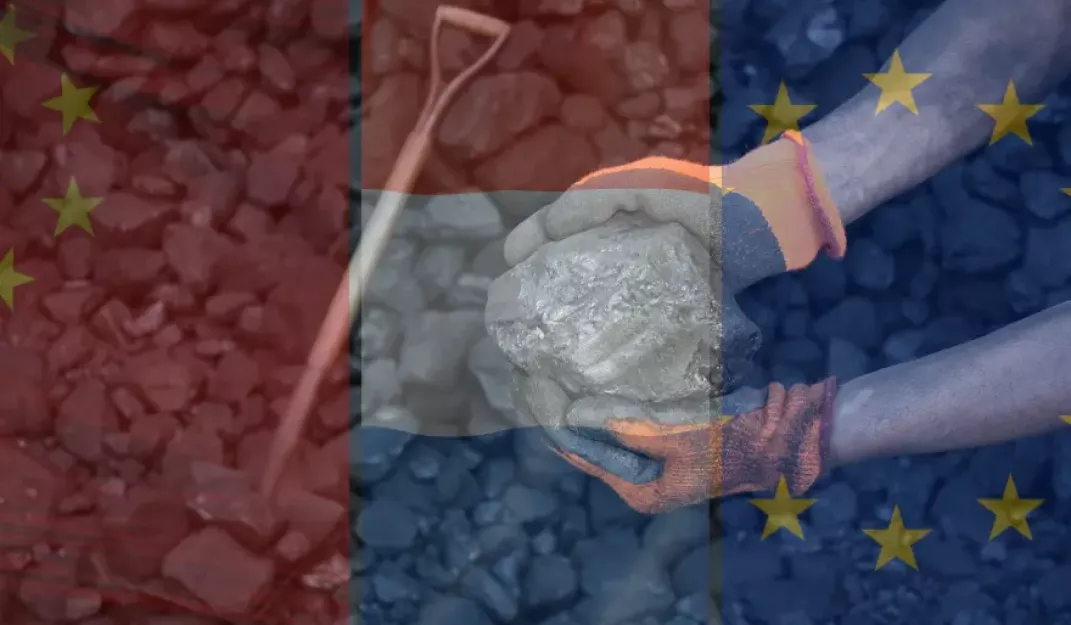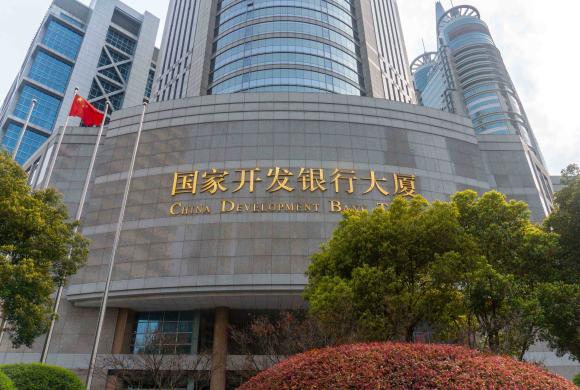
Strategic standard setting in China, the EU and the Netherlands
Read report.
Setting standards is becoming increasingly important for securing critical raw materials and technologies – which in turn are essential for meeting climate and digital ambitions. Especially technical standards are of major strategic importance, as they offer a venue for fostering dependence. What can the Netherlands and EU do to mitigate risks caused by Chinese standardization activities?
In this report, Irina Patrahau, Hugo van Manen, Tycho de Feijter and Michel Rademaker, set out to assert if Chinese standard setting initiatives pose a threat to the Netherlands’ and EU’s national security. They do so by identifying the critical raw materials (CRMs) which are set to increase in relevance, analysing ways in which standards are established internationally, mapping types of standards and finally, suggesting actions that the Dutch government can undertake to mitigate unwanted effects.
Over the decades, standardization has developed into an increasingly politicized policy tool. States and/or actors enjoying a quasi-monopoly seek to formulate standards in order to benefit from “first mover”-advantages in their products’ reach. This enables them to shape standards to their own liking.
China has identified standard setting as a national priority and has deployed coordinated, long-term strategies such as Standards 2035 and Main Points 2020. China’s quasi-monopoly in the extraction of critical raw materials and the development of related technologies lead to domestically introduced standards to be de facto established internationally. Moreover, Beijing’s strategic, coordinated approach to standardization results in corporations and state agencies representing China in international organizations being incentivized by realizing Beijing’s strategic ambitions.
Currently, Chinese influence within international standard setting organizations is significant, but not yet dominant. Generally speaking, EU countries have, as a whole, a strong representation in committees and organizations such as the ISO, IEC and ITU and enjoy a stronger presence in value-based initiatives.
Dutch governmental institutions and policy makers should recognize standardization as a strategic instrument through the creation of a Dutch national standardization strategy. A long-term, coordinated approach is imperative in order to preserve Dutch international regulatory and innovative power. Furthermore, a coordinated European approach towards standard setting could assist in mitigating risks caused by Chinese international standardization activities.
Read full report.

The Hague Centre for Strategic Studies
HCSS conducts research and provides advice on geopolitical and defence & security issues to governments, international institutions and businesses. Our research is characterized by a datadriven, multidisciplinary approach, specialist knowledge and a strategic orientation. We combine broad, conceptual knowledge with qualitative and quantitative methods and present our findings in the form of recommendations, strategic explorations and scenario analyses


